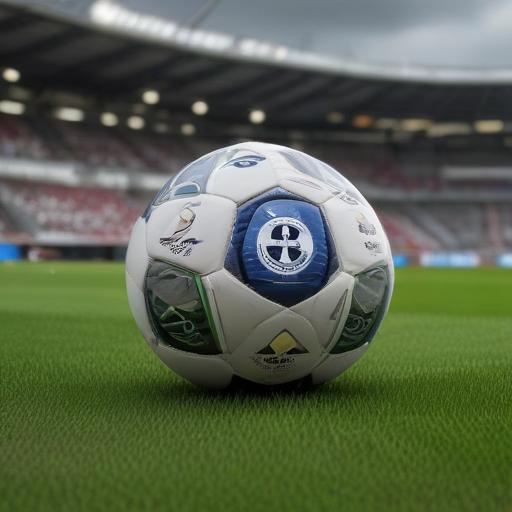FC Porto has experienced a disappointing outcome for the second consecutive season, failing to secure one of the top two spots in the Liga, a situation not seen for nearly half a century. This decline comes in the wake of a seventh season under head coach Sérgio Conceição, ending with a third-place finish for the 2023/24 campaign during André Villas-Boas’ inaugural season as president.
Historically, the last time FC Porto recorded back-to-back seasons below second place was from 1975 to 1977, an era characterized by lesser league standings, including a fourth-place finish that remains the poorest result in the last fifty years.
Since the 1978/79 season, where they marked the end of an 18-year championship drought, the team had not failed to achieve at least a second place in consecutive years—making this season’s third-place finish particularly painful, as it also results in missing out on significant financial opportunities linked to the Champions League.
Under the new president André Villas-Boas, the season began positively with a thrilling Supertaça Cândido de Oliveira victory against Sporting, coming from 0-3 down to win 4-3. However, the campaign quickly unraveled. Villas-Boas appointed Vítor Bruno, a former assistant to Sérgio Conceição, as the new head coach, but terminated his position just after 18 rounds due to underwhelming results (13 wins, one draw, and four losses).
Following an interim period managed by José Tavares, FC Porto brought in Martín Anselmi from Cruz Azul, who struggled to make an impact, particularly with a new tactical approach featuring three center-backs. The situation worsened as key players Galeno and Nico González were sold, further complicating Anselmi’s efforts to regroup the team.
Despite some challenges, including a significant defeat to Benfica and fluctuating standings, FC Porto managed to reclaim the third position, overtaking Braga in the final stretch of the season. The team ended with 22 wins, five draws, and seven losses, scoring 65 goals while conceding 30, finishing with 71 points—11 points behind champions Sporting and nine points behind Benfica.
As FC Porto looks ahead, there remains the potential for rebuilding and strategizing for a stronger comeback next season. The team’s rich history of resilience gives fans hope for a brighter future and a return to their dominant form in Portuguese football.
